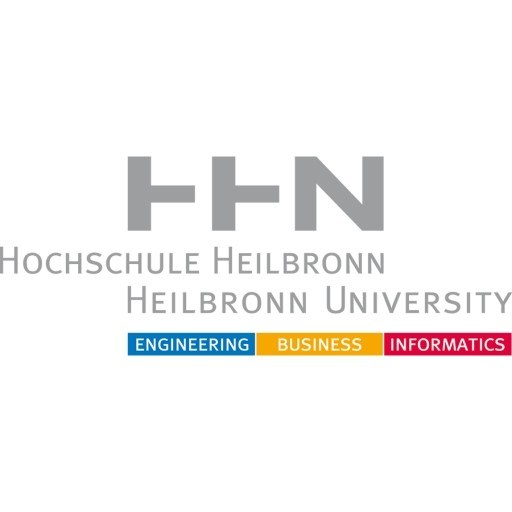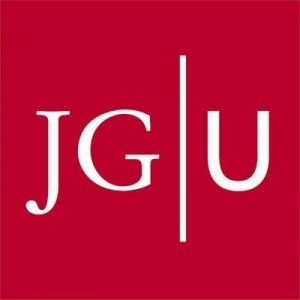Photos of university / #hwrberlin
International Business Management at Berlin School of Economics and Law is a comprehensive, practice-oriented program designed to prepare students for successful careers in the global business environment. The course combines theoretical foundations with practical applications, emphasizing cross-cultural competence, strategic thinking, and entrepreneurial skills. Students will gain in-depth knowledge of core business functions such as marketing, finance, human resource management, and international trade, while also developing a strong understanding of the legal and economic frameworks that underpin global commerce. The program is structured to encourage active participation through case studies, projects, internships, and collaborative work with international companies, fostering real-world experience and networking opportunities.
Moreover, the curriculum includes modules on digital transformation, sustainability, corporate social responsibility, and innovation management, ensuring graduates are equipped to meet the challenges of modern international markets. The program is taught entirely in English, attracting a diverse student body from around the world, which enriches classroom discussions and broadens perspectives. With a flexible structure that allows specialization options in areas such as marketing, finance, or international management, students can tailor their education to their career goals.
The program also offers opportunities for exchange semesters and internships abroad, encouraging intercultural skills and global networking. Graduates of International Business Management are well-prepared to take on leadership roles in multinational companies, international organizations, or to pursue entrepreneurial ventures. The combination of academic rigor and practical training aims to develop responsible and innovative business leaders capable of navigating the complexities of the international marketplace. Overall, this program provides a solid foundation for a dynamic career in international business, fostering both professional competence and personal development in an increasingly interconnected world.
Educational organisation
The programme is structured around 12 modules, each ending with an exam. The programme provides fundamental cross-sector and cross-functional skills and knowledge in international management. These facilitate an analytical problem-solving expertise allowing for cultural factors, and which can also support personal and career development. Creative solution-finding in a team as part of the practice-based projects encourages thinking outside the box and, in this way, promotes successful project management.First semester (September - December)
- International Business Environment
- Operations and Information Management
- Managing People and Organisations
- Finance and Accounting
- Marketing
- Personal Development I
Second semester (January - May)
- International Business Strategy
- Personal Development II
- Research Methodology
- Specialisation Module: International Management or International Tourism Management
- Students take two electives within their specialisation. For example, in International Management:
* Media Marketing
* Entrepreneurship
* Gender & Diversity
- or in International Tourism Management
* Hospitality and Transport Services
* International Hotel & Event Management
Third semester (June - October)
- Master's thesis
Study abroad unit(s)
International study visit: students on this programme take part in a one week study visit during the second semester to Kingston University in London. During this exchange, guest lectures and company visits are held.Additionally, several students have the chance to spend the entire second semester at one of our partner universities: Kingston University, London, UK, or Polytechnic of Namibia, Windhoek, Namibia.
Internships
There is no compulsory internship in the programme. However, students might take the opportunity and arrange for an internship at a host company during their Master's thesis (which can be written in form of a company project).Forms of assessment
Written and oral exams, Master's thesisCourse objectives
Students of this postgraduate programme can expect to acquire the expertise and skills to work in companies or organisations active in an international environment, or to take up a management position as a future executive.Language requirements
For non-native English speakers, proof of excellent English skills is required. The required standard is based on the following results in the most widely used tests: TOEFL 550 (paper-based) or 213 (computer-based) or 79 (Internet-based) or BULATS 75 or IELTS 6.5.Academic requirements
To apply for this postgraduate programme, you need to fulfil the following requirements:1) a completed undergraduate degree (from a university or university of applied sciences, or a Bachelor's degree from a university of cooperative education)
2) a minimum of one year of work experience after graduating
3) for non-native English speakers: proof of excellent English skills. The standard required is based on the following results in the most widely used tests: TOEFL 550 (paper-based) or 213 (computer-based) or 79 (Internet-based) or BULATS 75 or IELTS 6.5.
Enrolment fees
Approx. 190 EUR per semester. The fee includes a semester ticket covering public transport in the Berlin metropolitan area.Costs of living
The cost of living in Berlin is estimated at approx. 850 EUR per month. This includes rent in a student residence hall (private accommodation costs from 300 to 600 EUR per month), living expenses, health insurance, books and material, and incidental expenses.Job opportunities
There are many job opportunities for students in Berlin.Non-EU students are permitted to work within specified limits.









